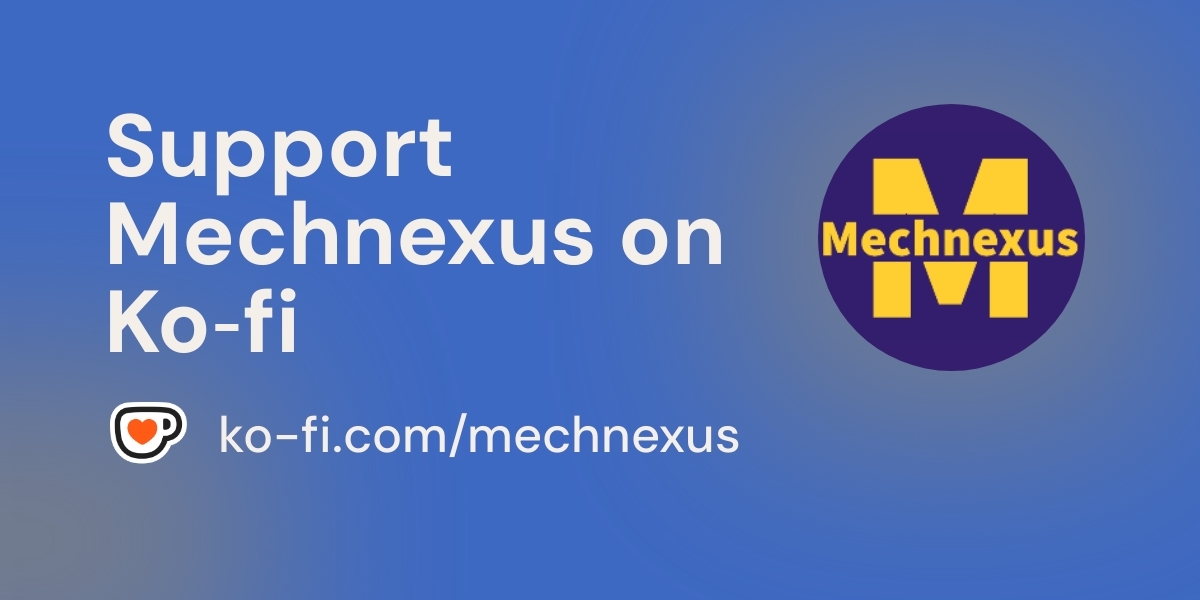
Landing your first mechanical engineering job is an exciting step, and with the right preparation, you can confidently navigate the process. This guide will walk you through building a strong resume, developing key skills, acing the interview, and launching your career.
📝 Craft a Job-Winning Resume-:
Your resume is your first chance to impress. Here’s how to make it stand out for an entry-level position.
| Element | Key Considerations & Tips |
|---|---|
| Format | Use reverse-chronological format; keep to one page; choose clean, professional design with standard headings. |
| Career Objective | Write a tailored objective; match keywords from job description (e.g., CAD, SolidWorks); highlight passion and readiness. |
| Work Experience | Use action verbs; quantify achievements (e.g., “Improved design-to-prototype speed by 22%”); include internships, co-ops, relevant university projects. |
| Skills Section | List hard skills prominently (CAD, FEA, GD&T, MATLAB); include soft skills (communication, problem-solving). |
| Education & Certifications | Include degree, university, GPA (if 3.5+); list relevant coursework; add certifications like FE exam, SolidWorks CSWP, or Six Sigma. |
🔧 Develop the Right Skills-:
Beyond your degree, employers look for a mix of technical and soft skills.
Technical Proficiency: Develop proficiency in industry-standard software. This typically includes CAD (SolidWorks, AutoCAD, CATIA), analysis tools like ANSYS, and programming languages such as Python or MATLAB for automation and simulations.
Fundamental Knowledge: Solid understanding of core principles is essential. Be prepared to discuss thermodynamics, fluid mechanics, heat transfer, and material science.
Soft Skills: Problem-solving, critical thinking, and clear communication are highly valued. You must be able to explain complex designs to both technical and non-technical stakeholders.
👔 Ace the Job Interview-:
The engineering interview often tests both your technical knowledge and your behavioral responses.
Before the Interview: Research the company and its projects. Practice explaining your university projects and internship experiences clearly and concisely.
Technical Questions: Prepare for questions on core mechanical engineering concepts. You might be asked about the second law of thermodynamics, the difference between heat and temperature, the function of a flywheel, or how to minimize deflection in a cantilever beam. Be ready to walk through your thought process.
Behavioral Questions: Use the STAR (Situation, Task, Action, Result) method to structure your answers. Be prepared to “describe a challenging engineering project” or “walk through your design process”.
Your Questions: Prepare thoughtful questions for the interviewer about the role, team, and projects to show your engagement and interest.
🚀 Launch Your Career Journey-:
Adopt a proactive strategy to find and secure your first role.
Gain Practical Experience: If you lack formal experience, create your own projects. Design and build a prototype, contribute to open-source engineering initiatives, or get a 3D printer. Document this work for your portfolio.
Network Strategically: Join professional associations like ASME, optimize your LinkedIn profile, attend industry conferences, and leverage your university’s alumni network.
Consider All Pathways: Be open to roles like Mechanical Engineering Technician or Associate Mechanical Engineer as a foot in the door. These positions provide valuable industry experience.
Get Licensed: While not required for all entry-level jobs, passing the Fundamentals of Engineering (FE) exam is a strong signal of your commitment and can be the first step toward becoming a licensed Professional Engineer (PE).
The key is to start and be persistent. Secure an internship if you can, but if not, focus on building a robust portfolio of personal projects. Each application and interview is a learning experience that brings you closer to your goal.
I hope this guide provides a clear roadmap for your journey. Which area are you most focused on right now—resume writing, interview preparation, or something else? Knowing more about your current step could help me offer more specific information.
“Thank you for reading! If you found this article insightful and valuable, consider sharing it with your friends and followers on social media. Your share can help others discover this content too. Let’s spread knowledge together. Your support is greatly appreciated!”

